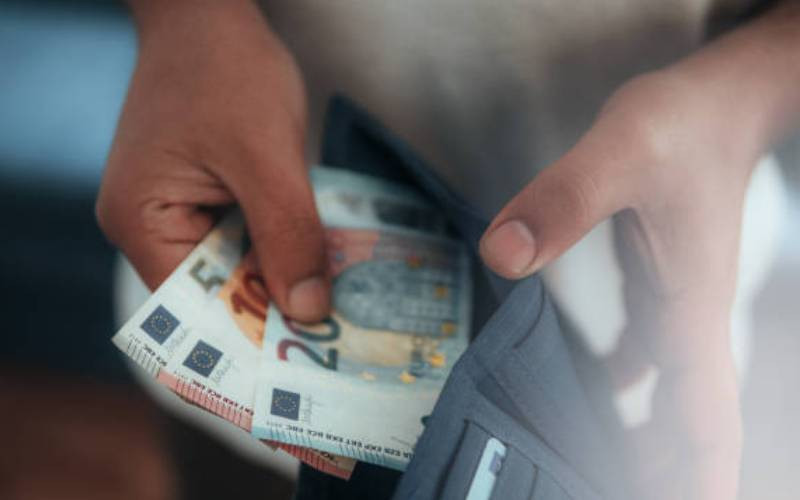×
The Standard e-Paper
Join Thousands Daily

Inflation in the European countries using the euro currency has broken into double digits as prices for electricity and natural gas soar, signaling a looming winter recession for one of the globe's major economies as higher prices undermine consumers' spending power.
Consumer prices in the 19-country eurozone rose a record 10% in September from a year earlier, up from an annual 9.1% in August, EU statistics agency Eurostat reported Friday. Only a year ago inflation was as low as 3.4%.